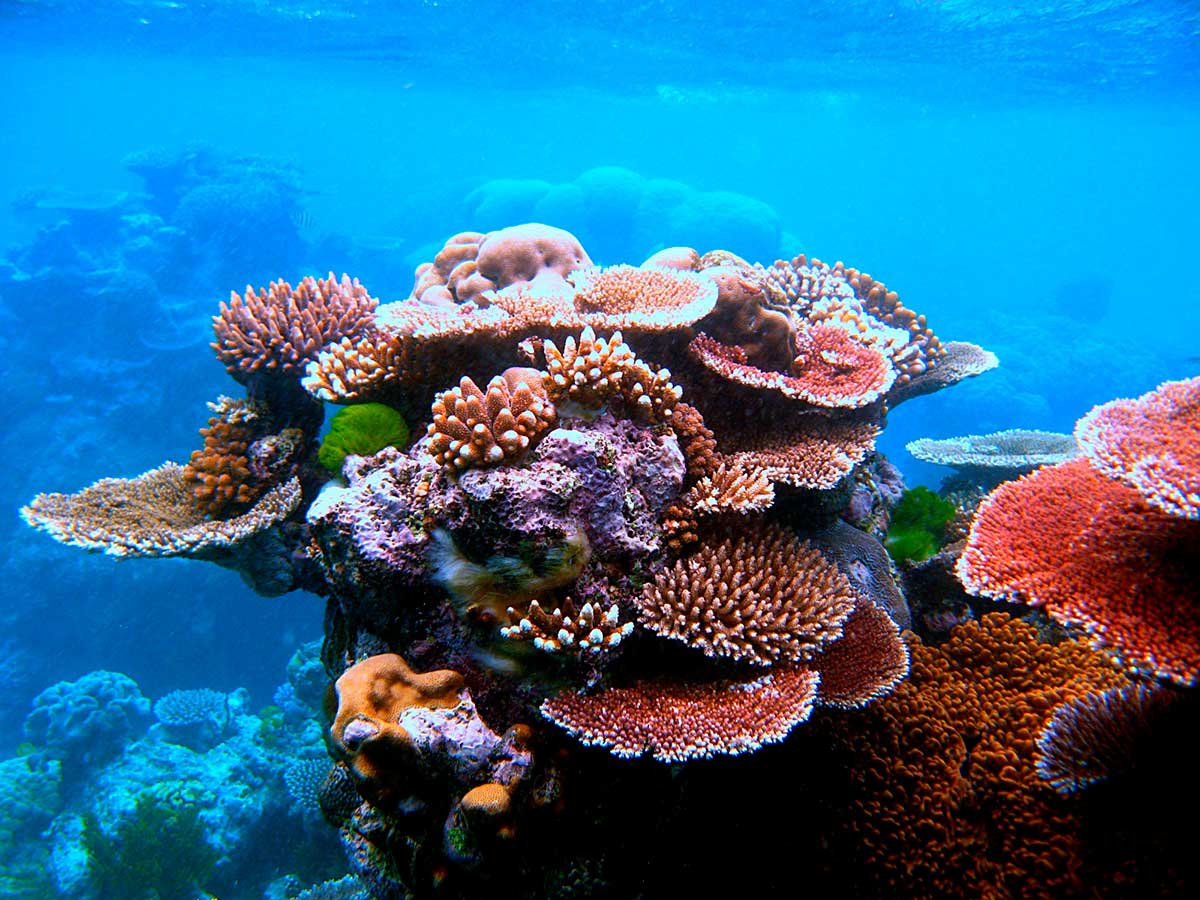Year 6
Homework will be sent out on a Thursday, to be handed in on the following Tuesday.
Please support in ensuring your child reads at least 5x a week, in encouraging them to use Doodle regularly at home.
Autumn 1
Fight, Flight or Freeze?
This half term, our project (which was inspired by the story 'Varjak Paw' by S. F. Said) will explore the importance of having an identity (Article 8, UNCRC), dealing with conflict and belonging as part of a team, as the children settled in to their Year 6 classes.
Throughout the project, we will explore the key characters in the story, discussing our responses as to how Varjak is treated in his own family home, where he struggles desperately to fit in for being 'different'. As principled Manor Field learners, we will debate whether or not Varjak should risk leaving his family home for the outside world, whilst considering how the story related to our own behaviours and relationships...

Autumn 2
Ambassadors for Change!
Throughout our project, we used David Attenborough’s film “A life on our planet” as an initial stimulus to inform us of the impact that human choices have on our environment; this inspired us when writing our own persuasive speeches for a better world. As geographers, we explored some of the different biomes around the world, in order to evaluate how they are struggling and changing over time, and to discuss which type of biome would be best to live in.
Spring 1
Spring 2
Summer 1
Summer 2
Year 6 Galleries



